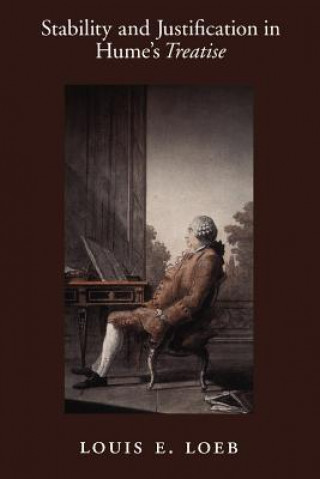
Kod: 04516620
Stability and Justification in Hume's Treatise
Autor Louis E. Loeb
David Hume's A Treatise of Human Nature is famous for its extreme skepticism. Louis Loeb argues that Hume's destructive conclusions have in fact obscured a constructive stage that Hume abandons prematurely. Working within a philos ... więcej
- Język:
 Angielski
Angielski - Oprawa: Miękka
- Liczba stron: 296
Wydawca: Oxford University Press Inc, 2005
- Więcej informacji o książce

Zobacz książki o podobnej tematyce
-

Father of the Tuskegee Airmen, John C. Robinson
165.64 zł -5 % -

Danger At Every Turn
86.09 zł -

Daughter of the Stars
427.79 zł -

Guide to Advanced Software Testing
488.99 zł -

Learning in Economic Systems with Expectations Feedback
288.85 zł -
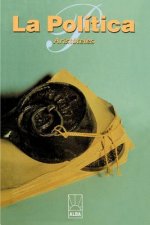
Politica
59.27 zł -4 % -

Metaphors of Depth in German Musical Thought
206.48 zł
Podaruj tę książkę jeszcze dziś
- Zamów książkę i wybierz "Wyślij jako prezent".
- Natychmiast wyślemy Ci bon podarunkowy, który możesz przekazać adresatowi prezentu.
- Książka zostanie wysłana do adresata, a Ty o nic nie musisz się martwić.
Więcej informacji o Stability and Justification in Hume's Treatise
Za ten zakup dostaniesz 280 punkty
 Opis
Opis
David Hume's A Treatise of Human Nature is famous for its extreme skepticism. Louis Loeb argues that Hume's destructive conclusions have in fact obscured a constructive stage that Hume abandons prematurely. Working within a philosophical tradition that values tranquillity, Hume favors an epistemology that links justification with settled belief. Hume appeals to psychological stability to support his own epistemological assessments, both favorable regarding causal inference, and unfavorable regarding imaginative propensities. The theory's success in explaining Hume's epistemic distinctions gives way to pessimism, since Hume contends that reflection on beliefs is deeply destabilizing. So much the worse, Hume concludes, for placing a premium on reflection. Hume endorses and defends the position that stable beliefs of unreflective persons are justified, though they would not survive reflection. At the same time, Hume relishes the paradox that unreflective beliefs enjoy a preferred epistemic status and strains to establish it. Loeb introduces a series of amendments to the Treatise that secures a more positive result for justified belief while maintaining Hume's fundamental principles. In his review of Hume's applications of his epistemology, Loeb uncovers a stratum of psychological doctrine beyond associationism, a theory of conditions in which beliefs are felt to conflict and of the resolution of this uneasiness or dissonance. This theory of mental conflict is also essential to Hume's strategy for integrating empiricism about meaning with his naturalism. However, Hume fails to provide a general account of the conditions in which conflicting beliefs lead to persisting instability, so his theory is incomplete. Loeb explores Hume's concern with stability in reference to his discussions of belief, education, the probability of causes, unphilosophical probability, the belief in body, sympathy and moral judgment, and the passions, among other topics.
 Szczegóły książki
Szczegóły książki
Kategoria Książki po angielsku Humanities Philosophy History of Western philosophy
480.42 zł
- Pełny tytuł: Stability and Justification in Hume's Treatise
- Autor: Louis E. Loeb
- Język:
 Angielski
Angielski - Oprawa: Miękka
- Liczba stron: 296
- EAN: 9780195181043
- ISBN: 0195181042
- ID: 04516620
- Wydawca: Oxford University Press Inc
- Waga: 456 g
- Wymiary: 228 × 149 × 17 mm
- Data wydania: 24. February 2005
Ulubione w innej kategorii
-

Meditations
45.36 zł -14 % -

The Myth of Sisyphus
29.33 zł -4 % -

Why I Am so Clever
15.62 zł -22 % -

Meditations
50.50 zł -26 % -

Republic
57.76 zł -5 % -

Beyond Good and Evil
47.38 zł -23 % -

Gay Science
69.05 zł -

Aphorisms on Love and Hate
15.42 zł -23 % -

Beyond Good & Evil
61.19 zł -23 % -

Meditations on First Philosophy
47.38 zł -23 % -
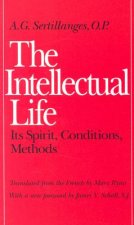
Intellectual Life
96.38 zł -6 % -

Socrates' Defence
15.42 zł -23 % -

Discourses, Fragments, Handbook
52.42 zł -15 % -

Ride the Tiger
105.86 zł -4 % -

Thus Spoke Zarathustra
47.28 zł -14 % -

Fear and Trembling
47.38 zł -23 % -

Birth of Tragedy
15.31 zł -23 % -
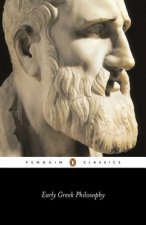
Early Greek Philosophy
61.19 zł -23 % -
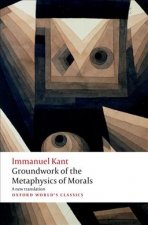
Groundwork for the Metaphysics of Morals
47.38 zł -23 % -
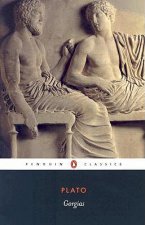
Gorgias
45.66 zł -5 % -
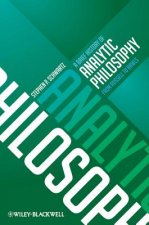
Brief History of Analytic Philosophy - From Russell to Rawls
164.03 zł -3 % -
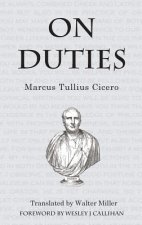
On Duties
57.56 zł -5 % -

Discourses and Selected Writings
52.42 zł -15 % -

Nicomachean Ethics
24.59 zł -23 % -

Nausea
47.38 zł -23 % -

Letters from a Stoic
47.38 zł -23 % -

Meditations
101.92 zł -4 % -

Simulacra and Simulation
86.20 zł -12 % -

Phenomenology of Spirit
93.76 zł -5 % -

Twilight of the Idols with The Antichrist and Ecce Homo
24.59 zł -23 % -

On Liberty, Utilitarianism and Other Essays
38.30 zł -23 % -
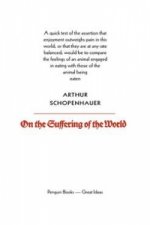
On the Suffering of the World
25.09 zł -26 % -

Human Condition
95.87 zł -4 % -

On the Shortness of Life
38.30 zł -14 % -

Existentialism Is a Humanism
45.56 zł -4 % -

Think
52.02 zł -23 % -

Guide to the Good Life
74.40 zł -9 % -
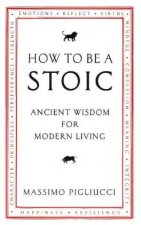
How To Be A Stoic
73.69 zł -15 % -

The Symposium
45.66 zł -5 % -

Human, All Too Human & Beyond Good and Evil
24.59 zł -23 % -
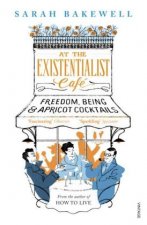
At The Existentialist Cafe
53.23 zł -3 % -

Undiscovered Self
121.69 zł -

Passions of the Soul and Other Late Philosophical Writings
51.91 zł -23 % -

The Trouble With Being Born
65.63 zł -4 % -

Leviathan
24.59 zł -23 % -

City of God
77.83 zł -5 % -

Ecce Homo
42.94 zł -23 % -
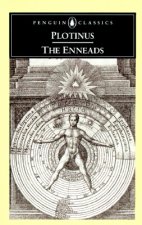
Enneads
81.76 zł -5 % -
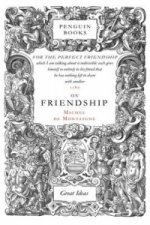
On Friendship
33.66 zł -23 %
zadowolonych klientów
Od roku 2008 obsłużyliśmy wielu miłośników książek, ale dla nas każdy był tym wyjątkowym.
Copyright! ©2008-24 libristo.pl Wszelkie prawa zastrzeżonePrywatnieCookies



 21 milionów książek
21 milionów książek Dostawa 10.99 zł
Dostawa 10.99 zł (32) 444 93 66 (8-15.30h)
(32) 444 93 66 (8-15.30h)